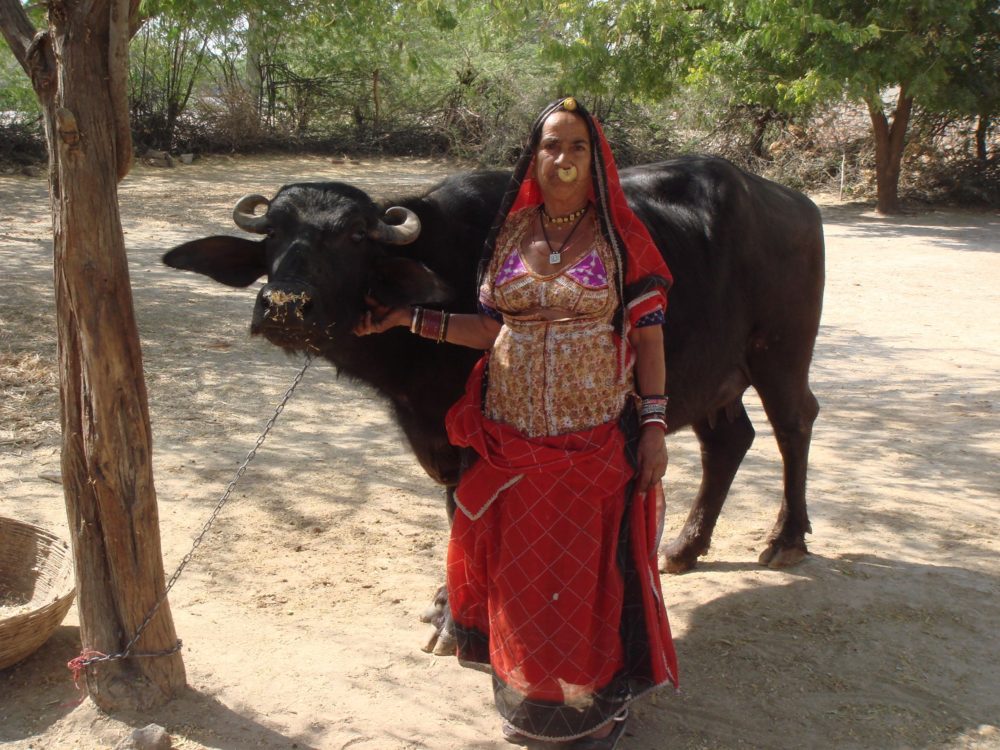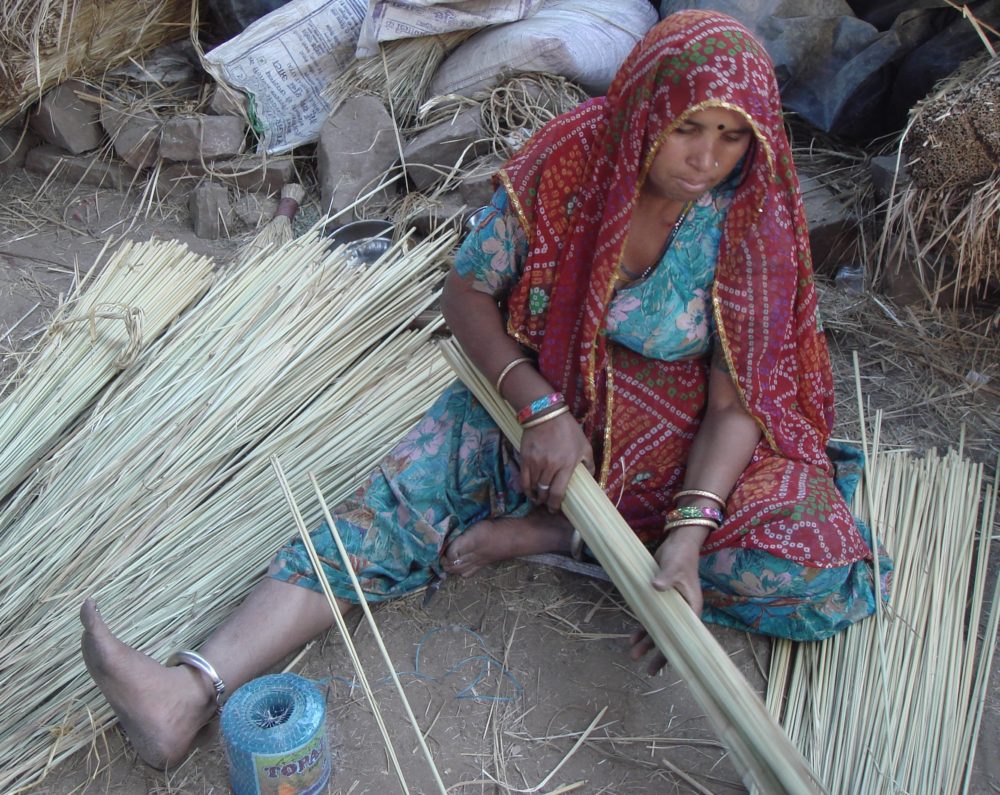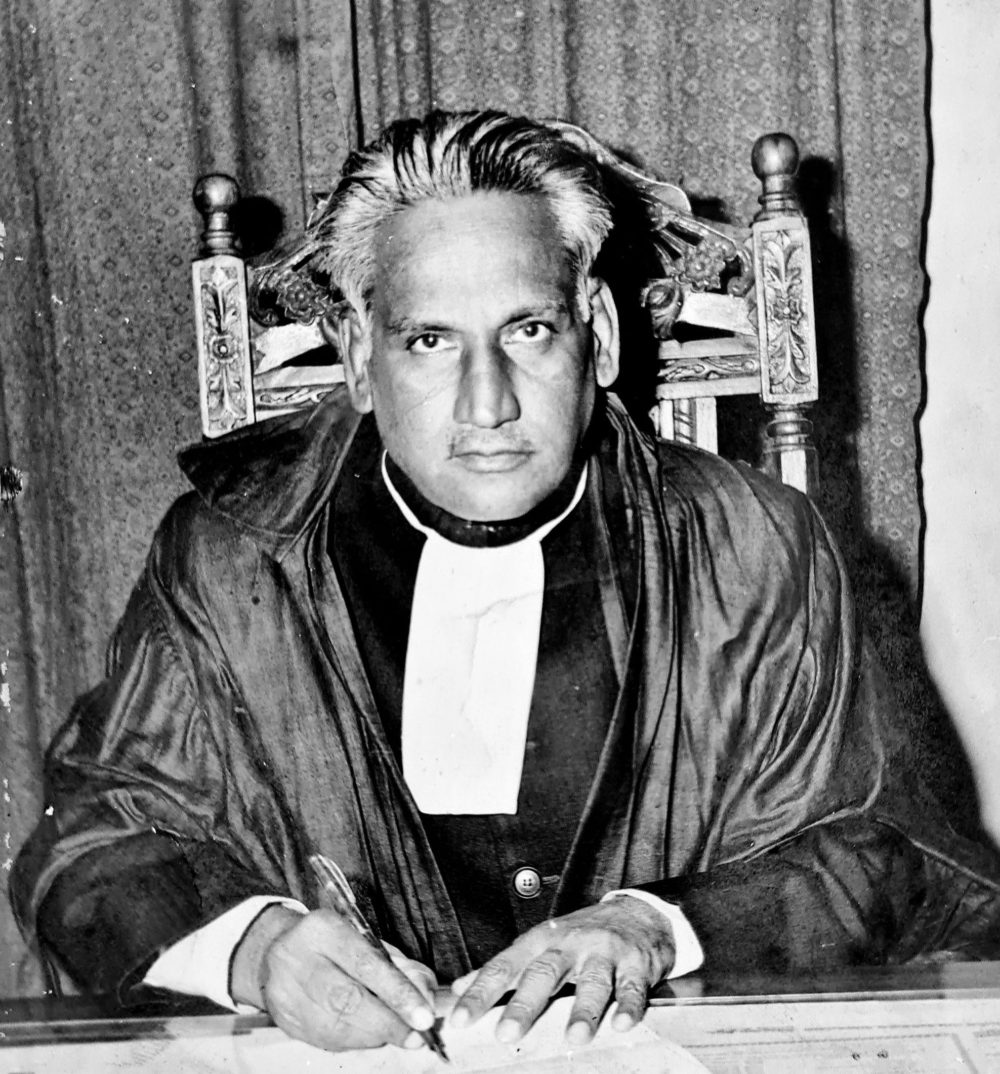By Neena Bhandari
Guda Bishnoiyan & Khejarli villages (Rajasthan), India, 04.03.2012 (WFS/The Hindu): Traditional western Rajasthani delicacies are fast becoming a gourmet’s delight in India and abroad. In fact, no Marwari feast is complete without the ‘exotic’ Sangari, cooked as a dry vegetable or with gravy. This fruit of the versatile Khejari (Prosopis cineraria) tree, indigenous to the vast Thar Desert, has provided nutrition and nourishment to the local communities for generations.
As the sun rises on the eastern skyline, Chunni Bishnoi, 65, begins milking her three buffaloes and three cows in the outer courtyard of her `pucca house’, shaded by the thorny Khejari trees that grow thick and green in the villages of Guda Bishnoiyan, 22 km, and Khejarli, 26 km south-east of Jodhpur in the western Indian state of Rajasthan.



